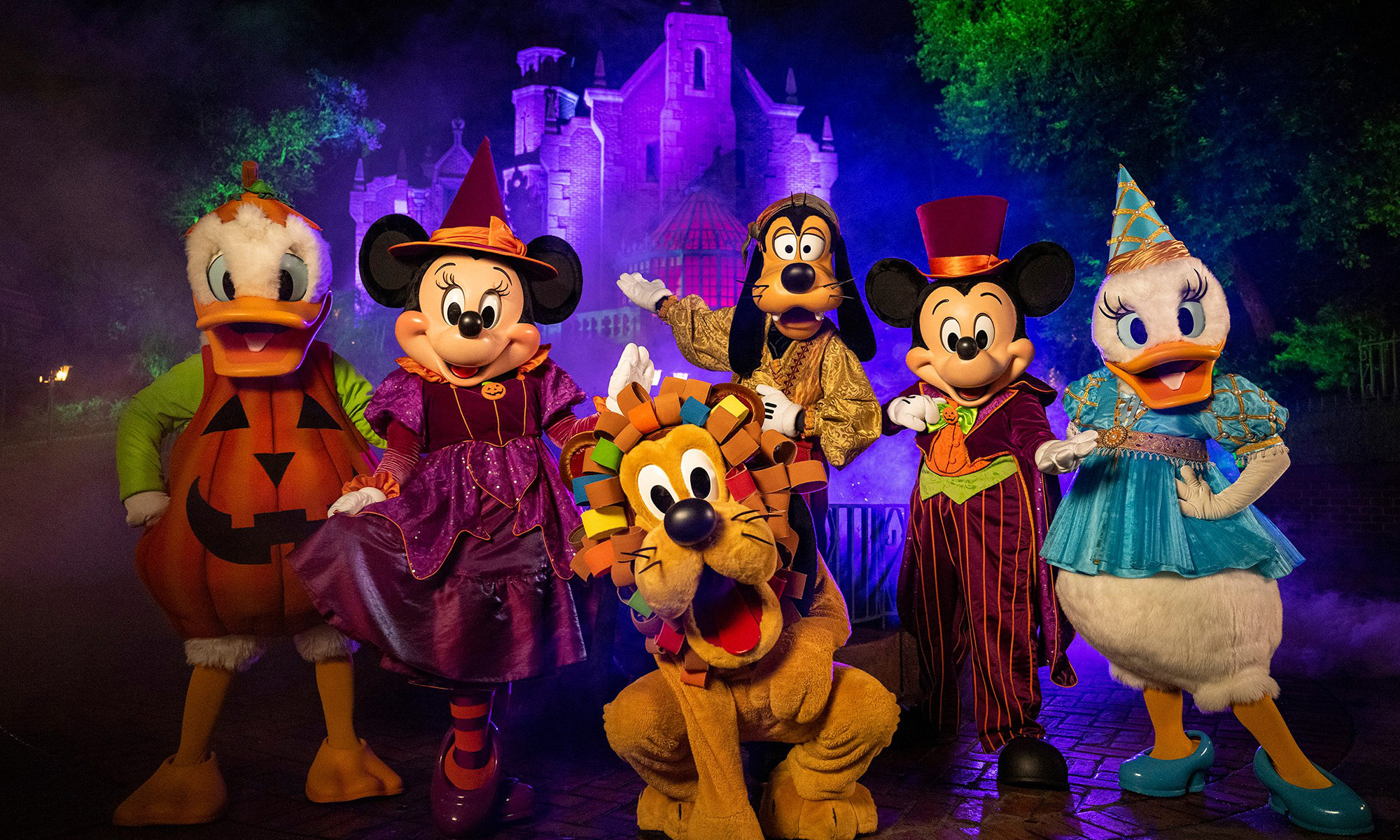The leisure and entertainment industry is going through massive disruptions right now, with the coronavirus pandemic crushing companies that rely on offering live entertainment options. For Disney (DIS +1.11%), several major business segments have come nearly to a standstill, given the health risks involved in bringing together large numbers of people. By contrast, Peloton Interactive (PTON +0.00%) has found itself at the right place at the right time, capitalizing on the fact that many exercise devotees can no longer visit gyms and health clubs and are instead having to find fitness alternatives at home.
For investors, Peloton has climbed substantially since its recent IPO, while Disney's stock has been under considerable pressure over the past year. Let's look more closely at these two stocks to see which one has the better prospects going forward.
Valuation and stock performance
Disney and Peloton have seen their shares go in opposite directions recently. Since the treadmill and exercise bicycle specialist cam public in late September 2019, Peloton has seen its stock soar almost 90%. For Disney, the last eight months have been a lot less kind, and shareholders have seen their stock lose nearly 20% of its value.
It's tough to compare valuations between Disney and Peloton. The two companies are in very different places right now, and earnings prospects are very much in flux. Disney's the only one of the two making a profit right now, but its stock trades at between 35 and 40 times trailing earnings. That P/E ratio is only likely to rise, because with all the losses that its various businesses are taking, most investors see Disney's earnings declining even further over the course of 2020.
That said, Peloton is losing money, and its stock trades at almost nine times its trailing revenue. That compares to a sales multiple of about 2.5 for Disney, but Peloton investors would point out that the fitness equipment specialist's revenue is climbing at a much faster rate. Even with that acknowledgement, though, most would probably say that Disney has a slight valuation advantage.
Dividends and return of capital
No one expects Peloton to pay a dividend, because it's still in the middle of its hyper-growth phase. The stationary bike maker has to plow all of its available capital back into its business to try to accelerate its growth, and shareholders would think something was amiss if it decided to pay a dividend instead.
Disney, on the other hand, is a mature business, and until recently, it paid a solid dividend to its shareholders. That changed with the coronavirus pandemic, however, as the loss of revenue from closed theme parks, cruise ships, retail stores, and reduced advertising on its ESPN cable sports network all made it important for Disney to look at preserving capital. Disney suspended its dividend in early May, and it left open the possibility of choosing not to pay its next installment six months from now if conditions warrant further caution. That puts the two companies on an even keel, but Disney is the bigger disappointment for dividend investors.

Image source: Disney.
Growth prospects and risks
Disney and Peloton couldn't be more different in the challenges they face. For Disney, major parts of its business simply aren't working right now. Theme parks in many parts of the world are closed, and it's far from certain when they'll be able to reopen. Moreover, even once the doors to Disney World in Florida, Disneyland in California, and Disney's international locations swing wide once again, visitors might not come back, and new health restrictions might make it impossible for that part of the business to return to full profitability. Movie theater closures are hurting Disney's movie production business, while Disney's retail stores are still closed in many areas as well. Although the Disney+ streaming service is taking off because of people stuck at home, halted sports leagues have crushed the schedule for ESPN, hurting overall content-based revenue. At some point, things will return closer to normal, but what that new normal will look like for Disney is highly uncertain.
Meanwhile, Peloton is seeing unprecedented success. The fitness equipment specialist said it now has more than 1 million connected fitness subscribers, and more of its existing customers are sticking with the interactive fitness specialist. Even though Peloton is running into some challenges with not being able to have salespeople safely go into people's homes to install treadmills, sales of its products have still been soaring. Peloton also has plans to expand its product lineup, with a new rowing machine as well as a less expensive version of its treadmill. The company is losing money, but it boosted its guidance for the full year during its most recent earnings report. That level of optimism is making its way into the stock, and shareholders are happy with what they're seeing.
For long-term investors, Disney's declines reflect nervousness about what the next year or two could bring for the entertainment giant. Unless you think that theme parks will simply never come back in their current form, Disney has the better prospects for good share price gains. Much of the gain in Peloton already reflects its potential, and if gyms reopen, the fitness equipment maker is likely to see at least some deceleration in growth.








